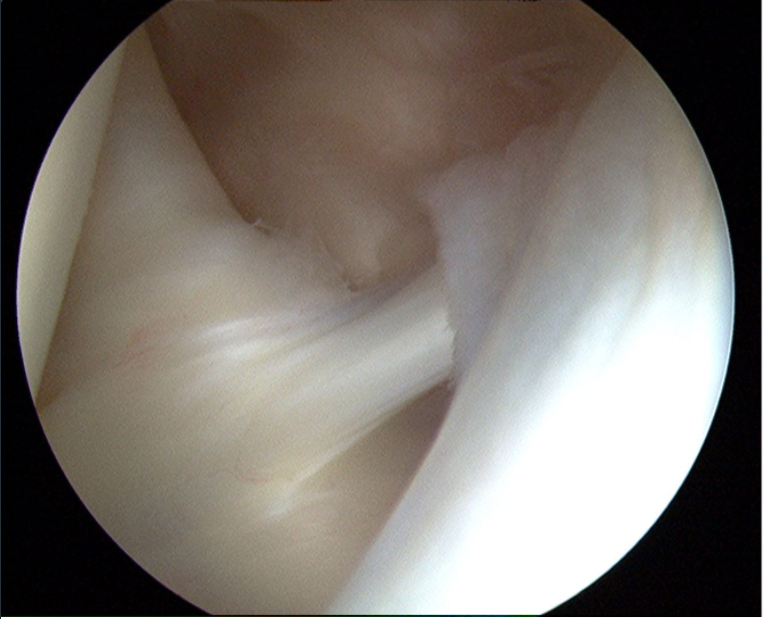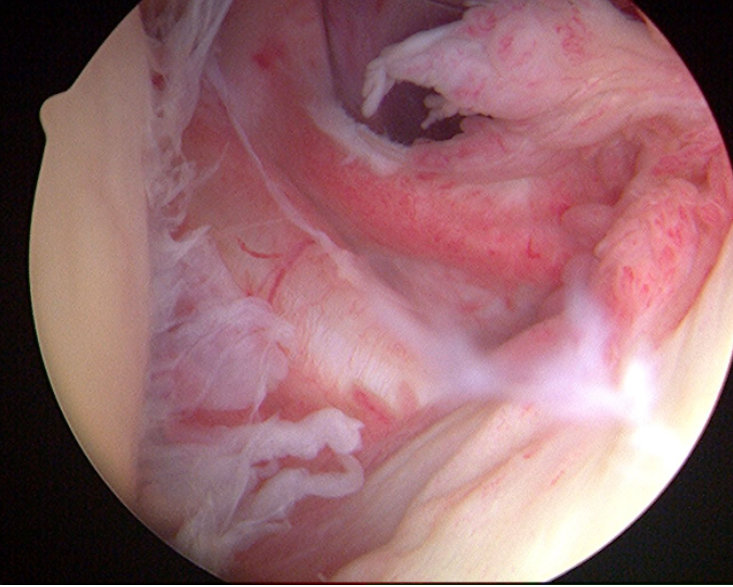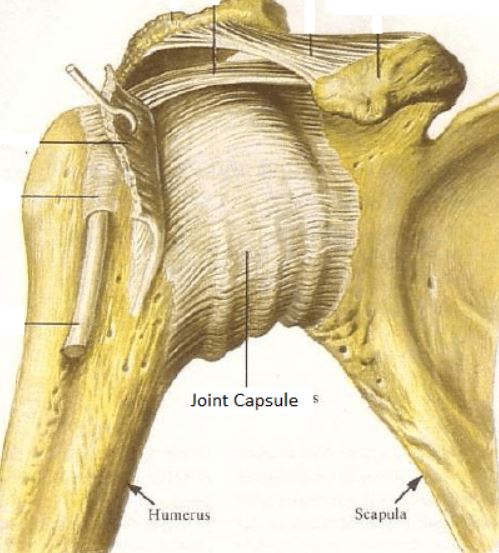The Tight Shoulder (Capsulitis)
What is a Tight Shoulder or Capsulitis?
Capsulitis of the shoulder or a “tight shoulder” is one of the most common causes of shoulder pain. It affects people of all ages and activity levels, from Olympic athletes to couch potatoes.
What causes a Tight Shoulder or Capsulitis?
There are many causes of a tight shoulder such as an accident, a sports injury, or other trauma. However, a tight shoulder often develops gradually for no specific reason.
What are the symptoms of a Tight Shoulder or Capsulitis?
The symptoms of a tight shoulder start with shoulder pain. As it gets worse the person may notice shoulder tightness (loss of range-of-motion). It is common for a person to have pain at night and lose sleep. Lastly, if not stopped sooner, it can lead to a “Frozen Shoulder” which is a near complete loss of motion.
Common signs of a tight shoulder include:
- pain with reaching into the back seat of the car
- pain with reaching for the seat belt
- pain with putting on a bra behind the back
- pain with tucking in a shirt
- pain at night
- pain with throwing a ball or serving a tennis ball
How to find out if you have a Tight Shoulder or Capsulitis?
Capsulitis or a tight shoulder is usually not visible on an MRI. It is diagnosed by physical exam. The doctor will test for pain at end ranges-of-motion (Crank Test video) and/or a loss of range-of-motion (Up the Back Test video).
The tight shoulder or capsulitis is often mistaken by medical professionals for other problems of the shoulder such as:
- Impingement syndrome
- Bone spurs injuring the rotator cuff
- Bursitis
- Labral tear
- Rotator cuff tear
- Tendonitis
- Arthritis
- Instability
Because of this, people will often be sent to a therapy program for the wrong reason. Therapy such as rubber band exercises, shoulder blade stabilization treatments, wall walking, ultrasound, cross friction massage and other treatments usually do not improve the tightness.
How is the Tight Shoulder or Capsulitis treated?
The good news about a tight shoulder or capsulitis is that unless it has already become a Frozen Shoulder, surgery is not needed. Shoulder tightness usually goes away with a special form of therapy (Four Quadrant Stretching). This therapy involves stretching the shoulder 5 times a day.
When capsulitis is ignored and treatment delayed it often becomes a Frozen Shoulder, and surgery is usually required to fix a Frozen Shoulder.

Inside a normal shoulder

